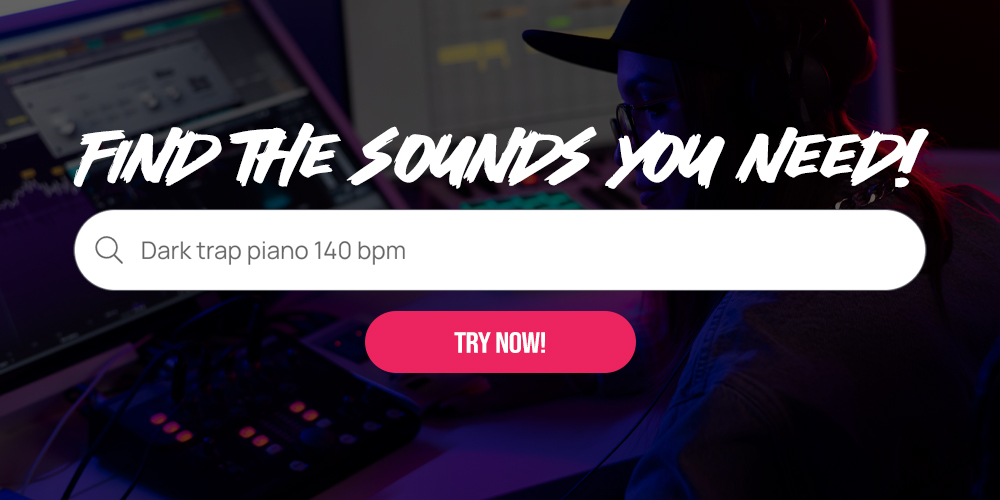Spotify has deleted 75 million “spammy” tracks as part of its new AI policies. Here’s what it means for music creators and how these changes may affect the industry.
Spotify’s Announcement: 75 Million Songs Removed
Spotify announced it has removed more than 75 million “spammy” tracks from its platform in the past year. The company says this step was necessary to counter the rapid rise of AI-generated music and fraudulent upload practices. The aim, according to Spotify, is to protect artists, listeners, and the royalty system from abuse.
What Counts as “Spammy” Music?
Importantly, “spammy” doesn’t mean all AI music. The term covers mass uploads, duplicates, impersonations, and low-quality content farms. Fraudsters have been exploiting streaming rules by uploading large volumes of short or fake songs that still generate royalties after minimal playtime.
To put things in perspective: Spotify’s total music library is around 100 million tracks. Removing 75 million shows just how much questionable content had been flooding the platform.
New AI and Spam Policies
Spotify also introduced three measures to address the issue:
- Stricter impersonation rules — targeting AI voice clones and fake artist profiles.
- New spam detection filters — designed to prevent suspicious uploads and reduce their visibility.
- Voluntary AI disclosure — encouraging artists and labels to add metadata when AI is used in a track.
Impact on Independent Artists
For independent musicians, this creates both opportunities and risks. On the positive side, platforms are finally addressing content farms and royalty scams that dilute payments for real artists. On the other hand, automated systems can sometimes mislabel or block genuine tracks, especially if metadata is incomplete. This makes it important for artists to keep detailed project files, stems, and clear authorship records to back up their work.
Industry Perspective
The scale of removals underlines how quickly AI has disrupted the music business. While the technology opens creative possibilities, it also raises questions about authenticity, licensing, and fair payouts. How platforms balance innovation with artist protection will remain one of the most pressing debates in the industry.
A Note on Reliable Sound Sources
For producers who want certainty about the origins of their sounds, it helps to work with trusted platforms. For example, Slooply offers samples and loops created by real musicians and producers, all released with clear licensing. This gives creators a transparent foundation for their music without the complications of AI-generated content.











